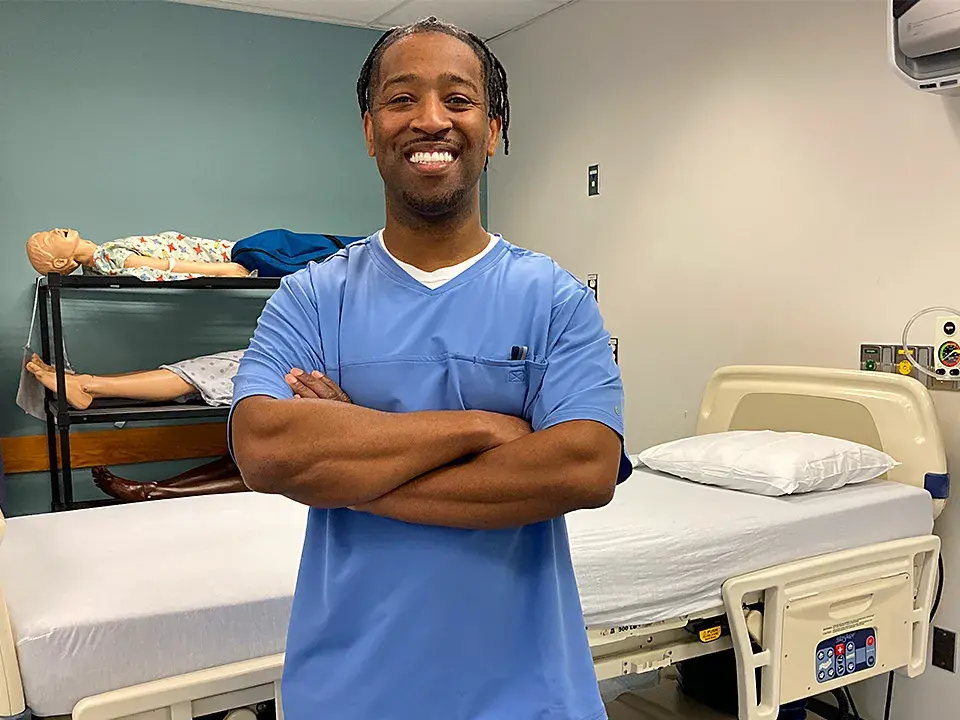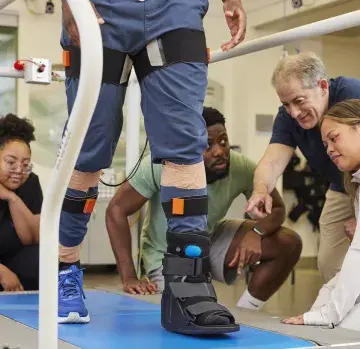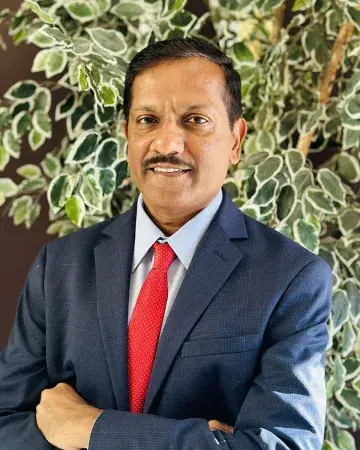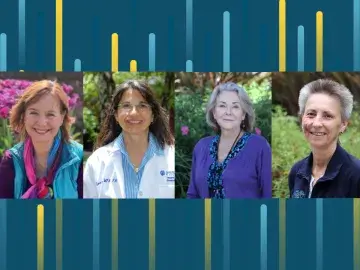“The Good Times Were When I Was Living in My Car”

When Jason Saunders, MPA ’23, thinks back to being 18, he remembers many of his peers locked away in jail, involved in selling and taking drugs, or dead. He was determined to take another path.
“I felt I had a lot of potential, that I had the ability to be whatever I wanted,” Jason says. “The idea of having an obituary or being in a cell and letting my potential fall short, that always terrified me. I refused to let that happen.”
It’s been a hard road, but Jason’s determination landed him on the path to a career in healthcare. He’s now in his first semester of Samuel Merritt University’s Master of Physician Assistant program and new Public Health Certificate program.
Jason was kicked out of his house at 17 and spent the next several years homeless in the Bay Area. Still, he graduated from Berkeley High School and went on to attend several community colleges. There were times when he couldn’t afford his schoolbooks and other times he had to choose working over attending class, so his grades suffered. But Jason wasn’t deterred, and he retook many classes to get his grades up, ultimately earning his bachelor’s from California State University, East Bay when he was 27.
“For so long, I didn’t have any family in my life or a support system. The good times were when I was living in my car instead of on the street,” he says. “Then I met a girl who was crazy enough to see something in me, to see that I was meant for more. She pulled me out of poverty, supported me while I finished college and got a good job, and now we have a kid together. If it wasn’t for her, I’d probably still be homeless.”
Bridge the gap
Being a physician assistant appeals to Jason because it requires a high level of medical knowledge and offers professional flexibility and autonomy. He’s looking forward to next year’s clinical rotations to try his hand in different healthcare settings. Even so, he already knows what population he wants to serve.
“I want to help communities like the ones I grew up in—poor, Black, and Brown, with a lot of poverty, drugs, crime, and violence—and that I witnessed firsthand when I was homeless,” Jason says. “They have so many things to worry about, people worry about their health last. There’s also an attitude that I’m not going to worry about my health because I’m probably not going to be around long enough for that to matter.”
“Those are the people who need healthcare the most and access it the least, and I can bridge the gap,” he says.
That’s why Jason is also earning a Public Health Certificate. “It’s great to help 10 or 50 patients, but if you can help an entire community, that’s where you see a real impact. You can change the trajectory of whole generations.”
Second time around
Saunders applied to SMU twice, and he credits the first application process with convincing him that SMU was the school for him. He met current physician assistant students and saw their camaraderie with the faculty. He witnessed SMU’s emphasis on diversity and the support systems it offers students. When he got his grades up, he reapplied and was thrilled to be accepted.
“We’re learning pretty dense material, complicated topics like microbiology and anatomy,” he explains. “But the faculty are passionate about what they teach, and it makes absorbing the information a lot easier and a lot more fun. And in the long run, I think it’s going to make us better providers.”
Jason is grateful for the Sharon Clark Diaz Endowed Scholarship he’s receiving to cover his full tuition for the Public Health Certificate, but it’s not what led him to choose SMU over other schools.
“I could tell that SMU is where I can reach my potential,” he says. “It’s where I can be who I am instead of being just another student.”


